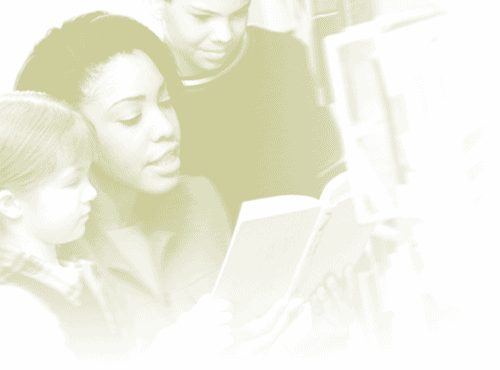| |
|
|
Internationally,
how well do fourth-grade students read? How do their reading habits
and attitudes compare from one country to another?
Thirty-five countries participated in PIRLS 2001, IEA's new state-of-the-art
Progress in International Reading Literacy Study at the fourth grade
(9- and 10-year-olds). With 150,000 students tested, PIRLS 2001
is the first in a planned 5-year cycle of international trend studies
in reading literacy.
Directed by the International Study Center at Boston College, PIRLS
consists of a carefully-constructed test assessing a range of reading
comprehension strategies for two major reading purposes - literary
and informational. PIRLS collected extensive information about home,
school, and national influences on how well students learn to read.
Of special interest, parents and caregivers completed questionnaires
about their children's early literacy activities.
Countries' reading achievement results are in the PIRLS 2001 International
Report, together with data on students' home and school experiences
in learning to read. The PIRLS 2001 Encyclopedia contains information
provided by each participating country about its reading education. |
|


